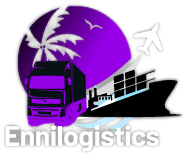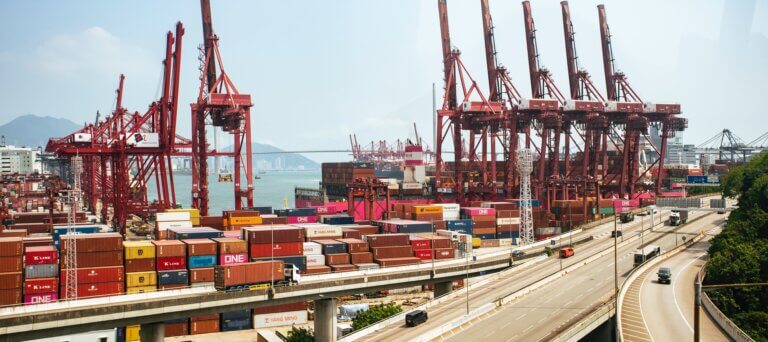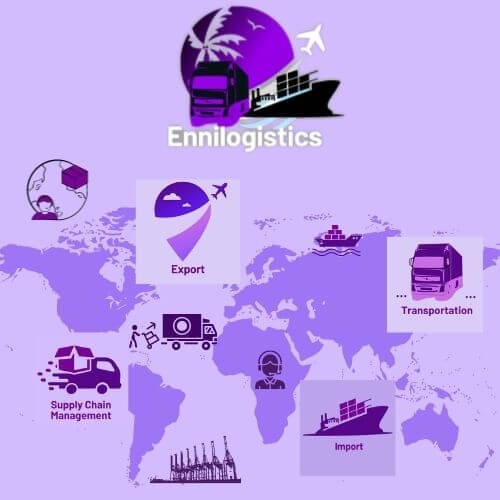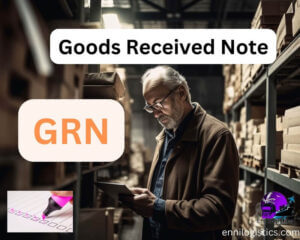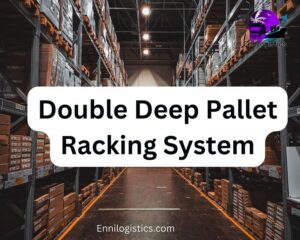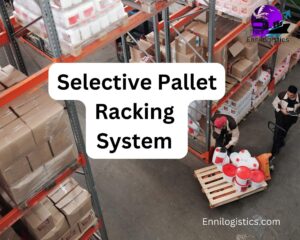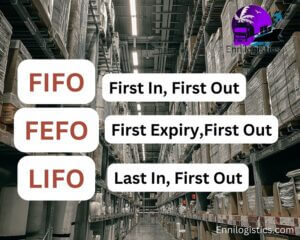Connecting businesses and customers worldwide, the shipping and transportation sector is essential for facilitating international trade. It supports the entire supply chain, ensuring that products are moved smoothly from producers to retailers and end users. Specialized freight stands out as a distinctive and essential component within this broad industry. Specialized freight refers to the transportation of goods that require specific handling, equipment, or regulatory considerations due to their nature, size, or characteristics.
Specialized freight, in contrast to conventional cargo, includes a variety of goods that call for extra care and adherence to specific regulations. These goods may consist of perishable goods, hazardous materials, oversized cargo, or other priceless and delicate items. The importance of specialized freight lies in its capacity to satisfy the particular requirements and needs of sectors like chemical manufacturing, construction, healthcare, and more.
Specific rules are required to ensure safety, security, and compliance because specialized freight has specific needs and potential risks. Environmental protection, accident prevention, personnel protection, and potential harm to those handling or transporting such freight are all aided by these regulations. They also support maintaining the integrity of the transportation system.
In this comprehensive guide, we will delve into the world of specialized freight regulations, providing essential insights and guidance for industry professionals, freight forwarders, logistics providers, and businesses involved in transporting specialized goods. From hazardous materials to oversized cargo and perishable goods, we will explore the key aspects of regulatory compliance, challenges faced, and best practices to ensure the smooth and secure transportation of specialized freight.
What is specialized freight?
Specialized freight is a broad term that refers to a variety of goods that, because of their distinctive qualities, call for special handling, tools, or regulatory considerations. For the transportation of this kind of freight to be safe and effective, specialized knowledge, skills, and infrastructure are frequently needed. Let’s examine a few typical instances of specialized freight:
Risky Substances
Risky materials include substances that pose harm to health, safety, property, or the environment. These could be radioactive substances, toxic chemicals, corrosive substances, flammable liquids, or other substances. To reduce the risk of leaks, spills, or accidents, the transportation of hazardous materials must adhere to stringent regulations.
Oversized Cargo
Unusual dimensions or weight limits for regular transportation are referred to as overweight or oversized cargo. This could apply to large machinery, building supplies, or infrastructure project elements. Obtaining permits, planning routes, and using specialized vehicles or equipment are just a few of the difficulties associated with transporting oversized cargo.
Perishable Goods
Perishable goods have a short shelf life and typically need to be transported in a temperature-controlled environment to preserve their quality and avoid spoilage. Fresh produce, dairy products, medicines, and other temperature-sensitive products fall under this category. Maintaining ideal conditions throughout the entire transportation process, from departure to arrival, is a challenge.
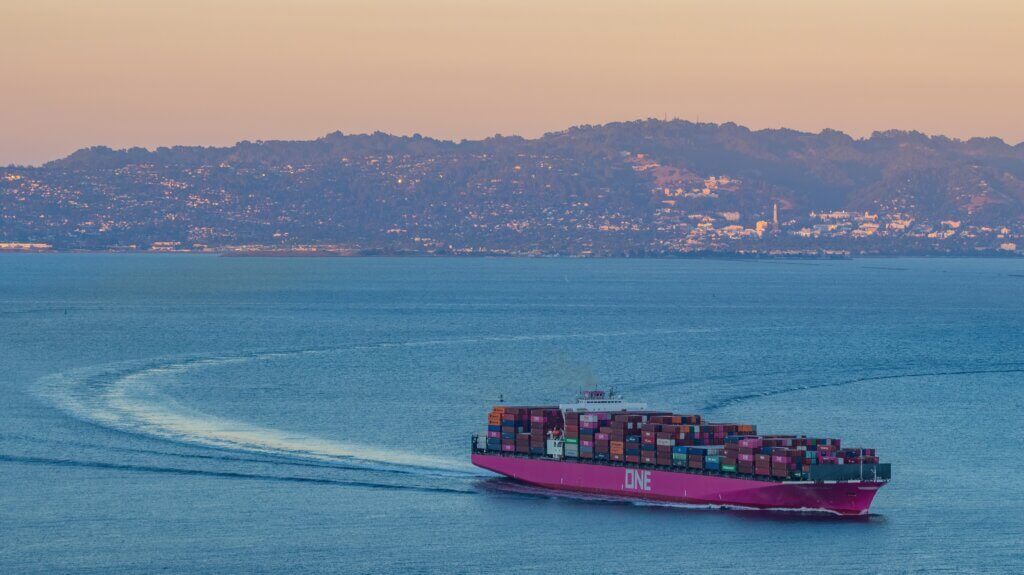
Who regulates specialized freight regulations?
- International Maritime Organization (IMO)
- International Civil Aviation Organization (ICAO)
- International Air Transport Association (IATA)
- Department of Transportation (DOT)
In addition to other organizations, these regulatory bodies create policies and guidelines that control specialized freight transportation. Participants in the industry can guarantee employee safety, safeguard the environment, and preserve supply chain integrity by adhering to these regulations. To operate legally and ethically in the industry, businesses involved in specialized freight must stay current on these regulatory frameworks and adhere to the relevant regulations.
Documentation and Compliance of Specialized Freight Operations
To ensure the safe and effective transportation of goods, compliance with specialized freight regulations is crucial. Let’s delve into the significance of compliance and the essential documentation requirements that play a vital role in this process.
- Importance of Compliance: Ensuring Safety and Integrity
Compliance with specialized freight regulations is crucial for several reasons. First and foremost, it helps protect the safety of personnel involved in handling and transporting specialized goods. By adhering to regulations, businesses can mitigate the risks associated with hazardous materials, oversized cargo, and perishable goods, minimizing the chances of accidents, spills, or spoilage.
Moreover, compliance ensures the integrity of the supply chain. By following established regulations, businesses can maintain transparency, traceability, and accountability throughout the transportation process. This not only safeguards the interests of stakeholders but also builds trust and confidence among customers and partners.
- Documentation Requirements: The Backbone of Compliance
Documentation serves as the backbone of compliance in specialized freight operations. Proper documentation provides a clear record of the goods being transported, their characteristics, and the steps taken to ensure their safe handling. Here are some essential documentation requirements:
Permits and Licenses – Depending on the nature of specialized freight, businesses may need to obtain specific permits or licenses from regulatory authorities. These permits authorize the transportation of certain goods, oversized cargo, or hazardous materials, and ensure compliance with legal requirements.
Shipping Manifests- Shipping manifests are comprehensive documents that detail the contents of a shipment. They include information such as the nature of the goods, quantity, weight, packaging type, and any necessary safety precautions. Shipping manifests play a crucial role in tracking and verifying the integrity of the transported goods.
Shipping Labels- Proper labeling of specialized freight is essential for identification, handling, and compliance purposes. Labels provide information about the contents, potential hazards, handling instructions, and any specific regulations that apply to the cargo.
- Training and Certification: Ensuring Competence and Proficiency
Handling specialized freight requires specialized knowledge and expertise. It is essential for personnel involved in the transportation process to undergo proper training and certification to ensure they have the necessary skills and understanding of the regulations. Here’s why training and certification are crucial:
Safety-training programs educate personnel about the potential risks associated with specialized freight and teach them the necessary safety protocols to prevent accidents, injuries, or environmental harm.
Compliance-proper training ensures that individuals are aware of the applicable regulations and understand their obligations in adhering to them. This helps maintain compliance throughout the transportation process.
Efficiency-Well-trained and certified personnel can handle specialized freight more efficiently, ensuring proper packaging, secure loading, and adherence to temperature control requirements. This promotes smoother operations and reduces the likelihood of delays or issues during transportation
Best Tips for Compliance with Specialized Freight Regulations:
01. Consistent Training Schedules
Implementing regular training programs for personnel involved in specialized freight operations is vital. These courses ought to go over recent regulatory changes, safety procedures, appropriate handling methods, and the particular requirements of various kinds of specialized freight. Companies can maintain a knowledgeable and compliant workforce by making ongoing training investments.
For instance, a business that specializes in moving hazardous materials could hold regular training sessions on the right ways to handle, store, and respond in an emergency when dealing with various classes of hazardous materials.
02. Accurate Documentation
Keeping accurate records is crucial for adhering to specialized freight regulations. Setting up a reliable system for maintaining documentation enables quick access to licenses, manifests, and other pertinent paperwork when required. Digital systems, document management software, and cloud-based platforms can all be used to accomplish this.
For instance, a business that transports oversized cargo can set up a central record-keeping system that keeps track of licenses, route approvals, and vehicle compliance documents, allowing for quick retrieval and verification.
03. Collaborations with Skilled Logistics Providers or Freight Forwarders:
Compliance efforts can be greatly aided by working with knowledgeable freight forwarders or logistics companies that specialize in handling specialized freight. These partners can guarantee the smooth and legal transportation of specialized goods because they have in-depth knowledge of the rules, experience overcoming obstacles, and established networks.
For instance, a company involved in the transportation of perishable goods can collaborate with a logistics provider who has experience with customs clearance processes, specialized temperature-controlled facilities, and a track record of successful on-time deliveries.
In the fast-paced and ever-evolving shipping and transportation industries, complying with specialized freight regulations is paramount. Each category, including perishable goods, oversized cargo, and hazardous materials, calls for particular considerations and adherence to regulatory frameworks. Companies can guarantee employee safety, safeguard the environment, and uphold the integrity of the supply chain by adopting a proactive strategy.
Businesses can successfully navigate the challenges of specialized freight regulations by comprehending the significance of compliance and documentation as well as by putting best practices like regular training programs, effective record-keeping, and strategic partnerships into action. These initiatives improve operational effectiveness, customer satisfaction, and industry reputation, in addition to promoting safety and compliance.
Keeping up with regulatory changes, investing in ongoing training, and promoting a culture of compliance will be essential as the specialized freight sector expands. Companies can succeed in this dynamic industry while ensuring the safe and secure transportation of specialized goods around the world by putting safety first, adhering to regulations, and embracing best practices.
Aim to deliver excellence and foster trust in the specialized freight sector by keeping in mind that compliance is more than just a legal requirement.
